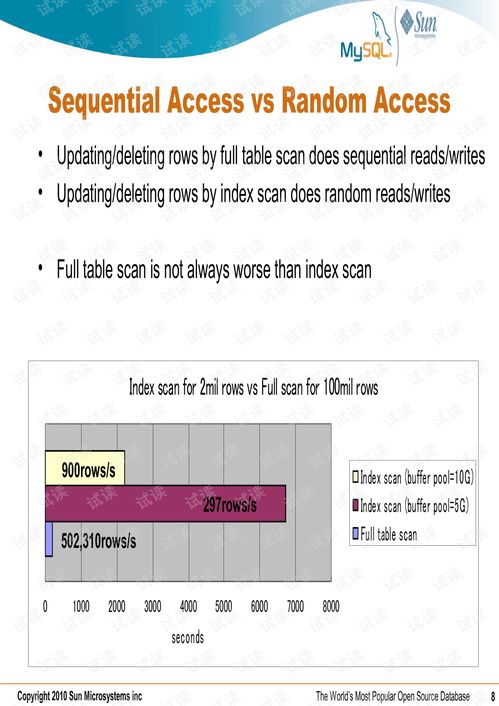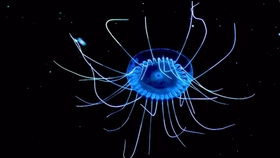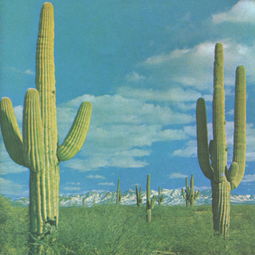Content:
Winter fishing in black holes can be a challenging endeavor, but with the right techniques and strategies, you can still enjoy successful catches even in the coldest months. Here's a comprehensive guide to help you master winter black hole fishing.
Choose the right equipment
Winter black hole fishing requires specialized equipment to handle the cold conditions. Here are some essential gear items:

- A sturdy, lightweight rod: Look for a rod with a medium action that can handle both light and heavy baits.
- A high-quality reel with a smooth drag system: A reel with a strong drag will help you land larger fish without breaking your line.
- Braided line: Braided line offers more sensitivity and less stretch than monofilament, making it easier to detect subtle bites.
- Sinker: Use a sinker that allows your bait to reach the bottom without dragging along the bottom.
- Artificial lures or live bait: Depending on your preference and the fish species you're targeting, choose appropriate baits.
Dress for the weather
Winter black hole fishing can be freezing, so it's crucial to dress appropriately. Here are some tips for staying warm:
- Wear a waterproof, insulated jacket and pants.
- Layer your clothing to trap heat and provide insulation.
- Invest in a good-quality insulated jacket, gloves, and a hat.
- Wear thermal undershirts and socks to keep your body warm.
- Don't forget to protect your face and ears with a face mask or balaclava.
Choose the right time
Fish are less active during winter, so timing is crucial. Here are some tips for choosing the best time to fish:
- Fish during the early morning or late afternoon when the water is warmer.
- Avoid fishing during the coldest part of the day, such as when the wind is howling or the sun is low on the horizon.
- Check the weather forecast and plan your fishing trips accordingly.
Locate the fish
Finding the fish is the first step to a successful winter black hole fishing trip. Here are some tips for locating fish in cold water:
- Look for structure: Fish tend to congregate around structures such as rocks, logs, and brush piles during winter.
- Focus on deeper water: Cold water tends to sink to the bottom, so fish will be found in deeper water.
- Use a fishfinder: A fishfinder can help you locate fish in the water column and identify potential hotspots.
Adjust your technique
Once you've located the fish, it's time to adjust your technique:
- Use smaller baits: Smaller baits are more appealing to cold, inactive fish.
- Slow down your retrieve: A slow, steady retrieve is more likely to trigger a bite in cold water.
- Pay attention to the weather: Wind and current can affect your fishing success, so be prepared to adapt your technique accordingly.
Patience is key
Winter black hole fishing can be frustrating due to the slow nature of the fish. Here are some tips to help you stay patient:
- Keep your bait in the water: Don't pull your bait out of the water between casts, as it will take time to warm up.
- Take breaks: Step away from the water and warm up in between casts to maintain your energy levels.
- Be persistent: The more time you spend on the water, the better your chances of catching fish.
In conclusion, winter black hole fishing can be a rewarding experience if you're prepared and know how to adapt to the cold conditions. By using the right equipment, dressing appropriately, choosing the right time, and adjusting your technique, you can increase your chances of success. Remember to be patient and persistent, and you'll be well on your way to mastering winter black hole fishing.












